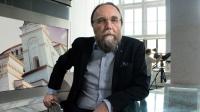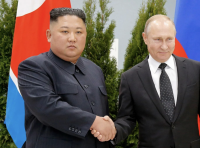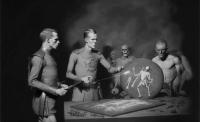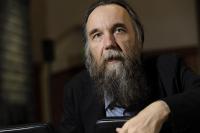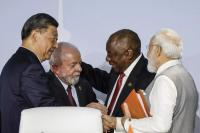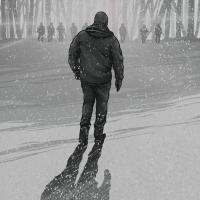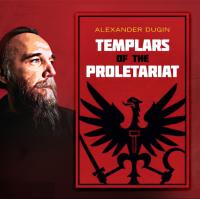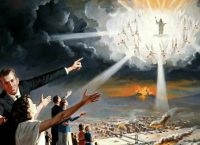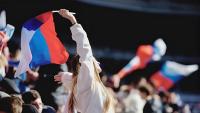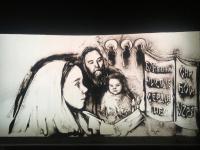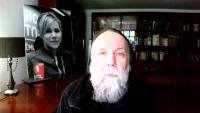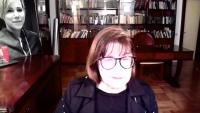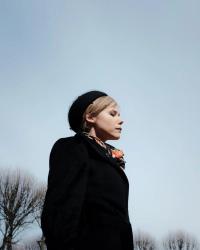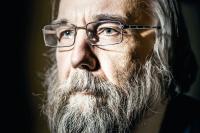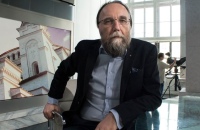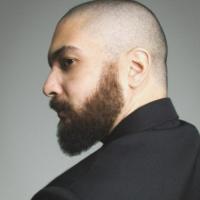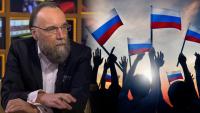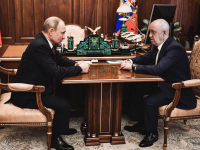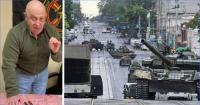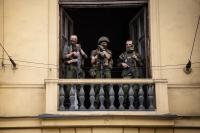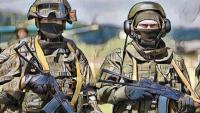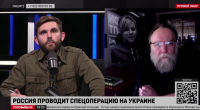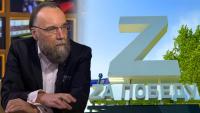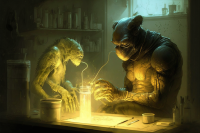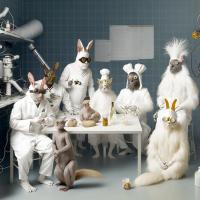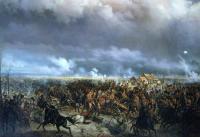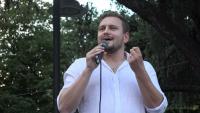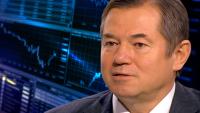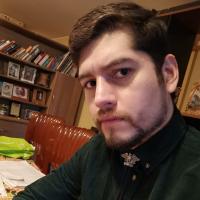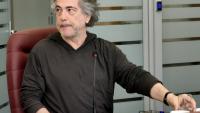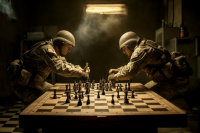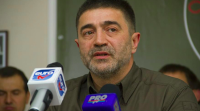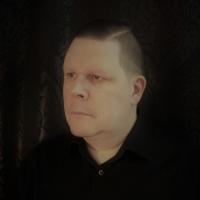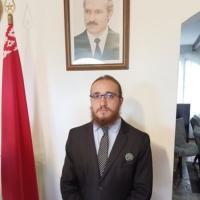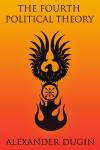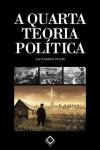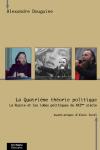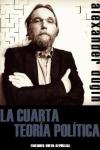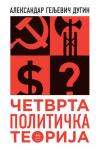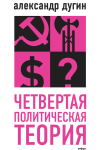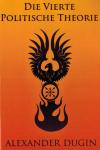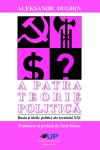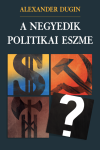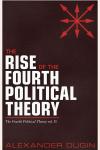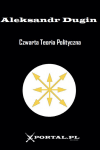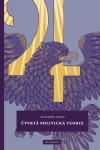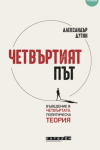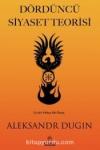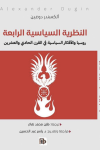The greatness of Juche, rogue states and greater humanity
Russia's rapprochement with the DPRK is a wonderful initiative. It was the meetings and negotiations between Russian President Vladimir Putin and Kim Jong-un, the hereditary head of the DPRK belonging to the sunny Kim dynasty, that caused a stir at the WEF. The West commented: stop this rapprochement at all costs, ban any movement of Russia and North Korea towards each other.
All-out war
The UAV attack on Russian cities by the terrorist forces of the West (Ukraine is increasingly in the shadow of the war waged against us by NATO) was particularly intense tonight. The voices have finally fallen silent: how come? Who didn't keep watch? We should have watched better! Now everyone is beginning to wonder what to do next.
Global Liberalism in Crisis
The collapse of the Soviet Union in 1991 allowed liberalism to emerge as the undisputed, dominant global ideology. Over the past several years, however, the ideology’s future has come increasingly under question. Populist upheavals in the United States and Europe exposed growing discontent with the inability of liberal institutions to cope with foreign policy and economic failures. At the same time, new emerging powers such as Russia, China, and India among others have begun to put forth their own ideological alternatives.
A heptapolar world
What happened at the XV BRICS Summit in Johannesburg is truly historic. Even if the President of Russia, the founder of BRICS, did not take part in it, it is still a turning point in modern history. The world order is changing before our eyes. Let us parrot the meaning of the ongoing tectonic changes.
Crisis of Global Liberalism
Alexander Dugin, one of the world’s most famous political philosophers, joins us in a new episode of our New Rules podcast
A sovereign economy does not need foreign trade
My (alas deceased) friend, great businessman and patriot, Mikhail Yuriev, once asked me a question: why is the ideal a zero foreign trade balance, i.e. the situation where the country sells as much as it buys (i.e. the volume of imports equals the volume of exports)? It turns out, he concluded, that the ideal would be to reduce foreign trade to zero, a very good point on which he built his curious book Fortress Russia. The main idea is: Russia should close itself off from the world and build an autonomous society based only on our traditional Russian values. If you want a perfect foreign trade balance, do it. That is a very productive way of thinking.
The Lady of Tradition
I thank you all from my heart all those who commemorate the tragic day 20 august 2022 when my daughter Darya was brutally killed by Ukrainian terrorist woman. I thank all my friends and friends of Darya for Your condolences and sharing my deep sorrow. I also thank you for publishing the different books written by Dasha or dedicated to her memory.
Existential politics
In the history of 20th century philosophy and political science, everything associated with existentialism is opposed to politics. It is the existentialism of Sartre, Camus, leftist existentialism, which serves as a basis for criticising political structures and political systems, because it is a remote response to Heidegger.
The West has moved on to Operation Punishment
Until recently, it was said at all levels of government that Russia is part of Western civilisation, a European country, and indeed it is, it is a child of the West, it is obvious that the West is older, more central and more responsible to its own civilisation, or one can even say that the West is a father, a parent. According to the formula 'Russia is a European country', the West taught Russia what it could do and what it could not do. Yes, the baby was huge and formidable but, from the West's point of view, wild, stupid and probably sick.
March on Moscow: Prighozhin's left-wing march
Today I am particularly concerned about an important question: can we finally break out of cultural one-dimensionality in our interpretation of events, and in particular of the last significant historical incident we experienced, namely Prigozhin's march on Moscow? When will our thinking stop being flat and one-dimensional and turn to the depths of meaning that lie behind the surface of historical phenomena?
Russia’s Road to Victory
The future remains a mystery, an open book that no one can read with certainty. The same can be said about the present and the past; our understanding of them is far from absolute, resulting in diverse interpretations. The future is even more uncertain, especially when considering the ongoing brutal and intimidating conflict we are experiencing now—a battle waged against the united forces of the West.
The last Russian battle: six main positions
Many are beginning to realise that what is happening cannot be explained in any way by the analysis of national interests, economic trends or energy policy, territorial disputes or ethnic tensions. Almost all the experts who try to describe what is happening with the usual pre-war terms and concepts appear at least unconvincing and often simply stupid.
A sociology of the phase transition to postmodernism
In any case, in order to analysis, from a sociological point of view, the content of postmodern society, i.e. to be a competent sociologist of the 21st century, it is absolutely necessary to operate with a set of sociological knowledge related to all three paradigms - pre-modern, modern and postmodern -, to know their key points, to understand the general structure of the respective societies, to be able to reconstruct the main poles, strata, status and roles of each type of society. This is necessary for the following reasons.
Existential Justification of Russian Special Military Operation
We read the thesis of the total mobilization in the context of Heidegger, and what do we get out of it? Exactly what Andrei was saying, that total mobilization means changing how one exists. According to Heidegger, there are two fundamental ways of existing, i.e. Dasein: inauthentic and authentic. When Dasein, that is, our human presence, the thinking presence, asks in the world what existence is and turns to its essence and comes face to face with death, because it is death that is the main existential of Dasein.
Alexander Dugin: China and the decline of US hegemony under Biden
Alexander Dugin, who is known as the "brain of Putin", organized successfully the first Global Conference on Multipolarity in April.
Ukraine as a Field of Armageddon
Many are beginning to realize that what is happening is in no way explained by national interest analysis, by economic trends or energy policy, by territorial disputes, or by ethnic contradictions. Virtually any expert who tries to describe what is happening in the usual terms and concepts of pre-war times looks at the least unconvincing, and more often than not, simply stupid.
The ABC of traditional values: Tradition
The First Russian TV channel Tsargrad launched a new TV project "The ABC of Traditional Values". A series of expert talks by three Russian thinkers on the foundations of Russian existence and the Russian future. Konstantin Malofeev, Alexander Dugin and Archpriest Andrei Tkachev analyse the Foundations of State Policy for the Preservation and Strengthening of Traditional Spiritual and Moral Values, approved by Vladimir Putin. The first, introductory section deals with Tradition itself.
Post-politics vs. existential politics
The 20th century was a century of rivalry between three ideologies. Some managed to reign for several centuries (liberalism), others for decades and years (communism and national socialism). But their demise seems obvious to us. All three ideologies, daughters of the New Age philosophy, have left the space of politics. The era of modernity has come to an end.
Imadeddin Nasimi: Man as an Inscription
We encounter a very similar model of radical Sufism in the writings of the Azerbaijani poet, Imadeddin Nasimi (c. 1369-1417), who also wrote in Turkic (as well as in Farsi and Arabic). Nasimi was a follower and student of Fazlullah Naimi (1339-1401), the founder of a particular trend in Sufism — Hurufism. Hurufism was a current within Sufism, analogous to the Jewish Kabbalah.
The Illiberal Horizon as a basis and transition to the New Multipolar Economic Order and its relevance for Peru and Ibero-America
Presentation given by Israel Lira on Saturday, April 29 in the framework of the Global Conference on Multipolarity and Fourth Political Theory thanks to the organization of cultural and social movement Nova Resistencia of Brazil, The International Russophile Movement and The Thinkers Forum of China, under the direction of the Tsargrad Institute (Moscow)
Chess of war
Let us look at the main actors in the war unfolding in Ukraine. Here we can refer to the 'geopolitical chessboard' metaphor introduced by Zbigniew Brzezinski. Obviously, the territory of Ukraine, and to some extent Russia, is a 'chessboard' on which the global geopolitical confrontation is taking place. At the same time, Kiev itself, as everyone has long understood, has no independence or subjectivity: it is simply a tool that the main actors, primarily those playing against Russia, move at their discretion. Like any metaphor, the 'geopolitical chess' scheme we propose certainly has weaknesses and limitations, but if it helps to shed light on what is happening, this alone justifies its existence.
Ο π. Βασίλειος Βολουδάκης συνομιλεί με τον καθηγητή Dr Alexandr Dugin και τον κ. Παναγιώτη Λαφαζάνη (GR/EN)
π. Βασίλειος Βολουδάκης, Παν. Λαφαζάνης - Οι ομιλίες αναρτώνται στο https://www.ypakoh.gr (Κυριακή 7/5/2023, 12:30) Επιπλέον υλικό στο κανάλι @"Εκδόσεις Υπακοή".
Speech by Lucas Leiroz at the Global Conference on Multipolarity, 29 April 2023
my most sincere gratitude to each of you for this event. As a member of Nova Resistência, I’m immensely grateful to Professor Alexandr Dugin and his team, the International Russophile Movement and the Chinese friends of the Thinker’s Forum for making this event a true pillar for the construction of the Multipolar World.

